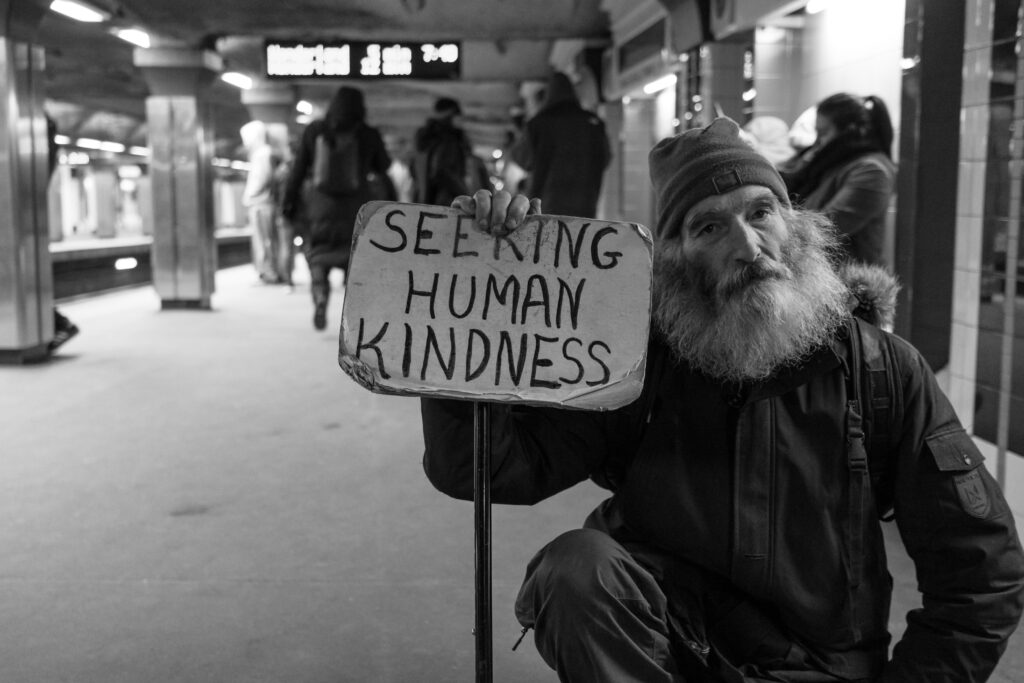
For the past decade, my focus has been on understanding and combating dehumanization in Washington State and across the United States. During times of conflict, communities here become more susceptible to threats and violence.
Just last week, I had conversations with a young Palestinian Muslim woman and a Jewish woman, both of whom expressed feeling increasingly physically vulnerable. Federal agencies have advised mosques, Jewish temples, and related organizations to heighten their security measures. Sadly, last week, we witnessed the tragic murder of a young Palestinian-American boy in Chicago and a Jewish leader in Michigan.
Dehumanization operates by painting an entire group as a threat to what we hold dear. This type of rhetoric essentially grants permission for violence. The dehumanizing discourse surrounding these communities can incite a some individuals to engage in violence. Often, this speech falsely suggests that “they have always been fighting each other.” To me, this sounds like an open invitation to violence against both groups. While only a small minority of people may act on this invitation, the threat of it is felt by all in these communities.
A crucial aspect of dehumanization involves attributing collective blame to an entire group for the actions of individuals, specific groups, or government entities. We can all contribute to reducing collective blame by distinguishing between the actions of governmental actors and the broader religious or racial groups within a nation.
While various groups in the U.S. may make compelling arguments regarding U.S. foreign policy, we must resist the urge to hold them responsible for acts of violence they did not commit and refrain from applying collective blame.
I understand that what is happening in the Middle East is complex. However, defending each other’s safety and rights in our neighborhoods is not complicated.
In a heartening display of unity, Rabbis in Chicago attended the funeral of the Palestinian boy who was tragically murdered. Rabbi Hart called the Imam and asked if he and other Rabbis could come. The Imam responded, “Please come.” Rabbi Hart later said, “But the murder of a six-year-old because of his faith and identity is not complicated. It is a heinous crime. And that’s why we went today.”
Regarding the death of the Jewish leader in Michigan, we are still uncertain if it was a hate crime. Nevertheless, those gathered demonstrated love, care, and grief across diverse traditions. Rabbi Lopatin noted, “We have in this room Muslims and Hindus, Catholics and Christians and Jews, and all kinds of races.”
I believe you share my concern for Israelis and Palestinians in the Middle East. Let us do our part from our pulpits, in our classrooms, and through our conversations to oppose collective blame and foster mutual respect while enhancing safety for all members of our community in the United States.
